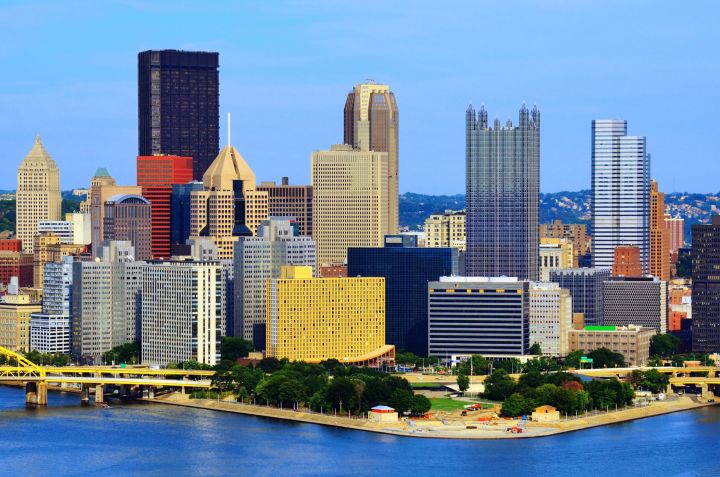
“You can either put up red tape or roll out the red carpet. If you want to be a 21st-century laboratory for technology, you put out the carpet,” said Pittsburgh’s mayor Bill Peduto.
Uber has responded to the city’s open-armed offer and plans to test 100 modified Volvo XC90s in the city. Some Uber riders will be picked up by Uber cars with self-driving technology. The rides will be assigned randomly but riders will be able to opt for a normal Uber car if they prefer. The Volvos equipped with self-driving tech won’t actually be human-free, but will be supervised by two people in the front seats, one to monitor the driving and take over if necessary and the other to observe and record data.
Pittsburgh used to be a steel town, but that industry has largely left, and Mayor Peduto views technology companies as a chance to boost the economy. If tech companies are attracted to the city they’ll bring investment and jobs. “It’s not our role to throw up regulations or limit companies like Uber,” Peduto said.
Pittsburgh helped Uber find land for a test track for autonomous cars, and the mayor and the state governor both helped stave off a proposed state-wide ban on ridesharing. For the most part, however, the politicians and regulators stay out of the way.
This optimistic laissez-faire approach has attracted research and testing centers by Apple, Google, Intel, Uber, Baidu, and car companies. Meanwhile, other cities left behind economically are watching what’s happening as Pittsburgh converts to a tech hub.
According to Richard Florida, urban studies professor at the University of Toronto, “This is the first mayor in Pittsburgh to really get it, and that’s a big reason why the city has become the best case of Rust Belt revival.” At the same time, however, Florida also noted he was “frankly surprised at how long a leash” the city gave Uber.
Part of Pittsburgh’s draw is Carnegie Mellon University’s robotics department, which started in the 1980s. Robotics expertise is crucial in the development of autonomous cars. When General Motors, Intel, Google, and Uber all opened research centers, in some cases embedded within Carnegie Mellon, Pittsburgh’s tech hub rep started expanding from its own momentum.
Pittsburgh’s growth as a self-driving tech hub is helped by the belief at both local and state levels that driverless cars will be safer than human-driven cars. Roger Cohen, Pennsylvania Department of Transportation policy director said, “We’d be committing governmental malpractice if we didn’t pursue this technology.”
Mayor Peduto is on-board as well. “There is no technology that is fail-proof and there is no tech that can guarantee there won’t be accidents, but right now there are 3,287 people who die in automobile-related accidents around the world each day, and there has to be a better way,” Peduto said.
Editors' Recommendations
- Waymo robotaxi attacked and set on fire in San Francisco
- Cruise woes prompt production halt of fully driverless van
- Dubai Police to deploy driverless patrol cars with AI smarts
- Cruise autonomous vehicle drives over woman just after she was hit by another car
- Cruise says it’s nearing approval for mass production of futuristic robotaxi



